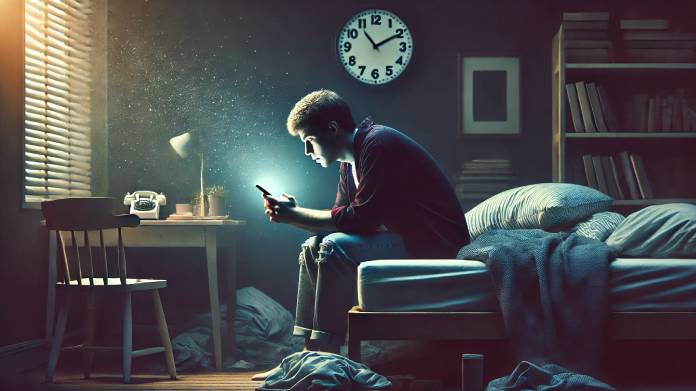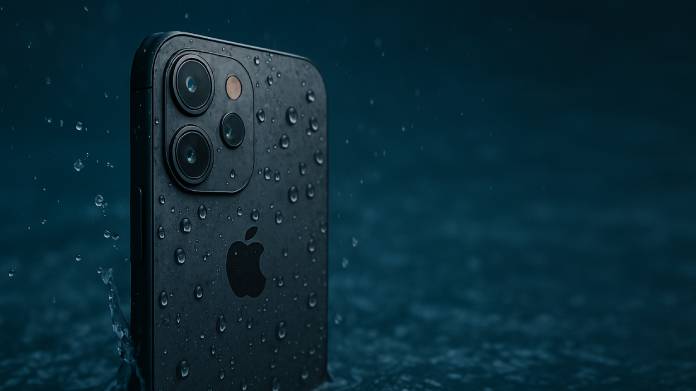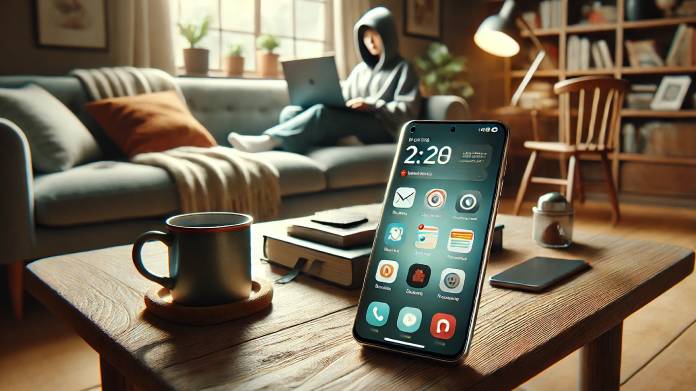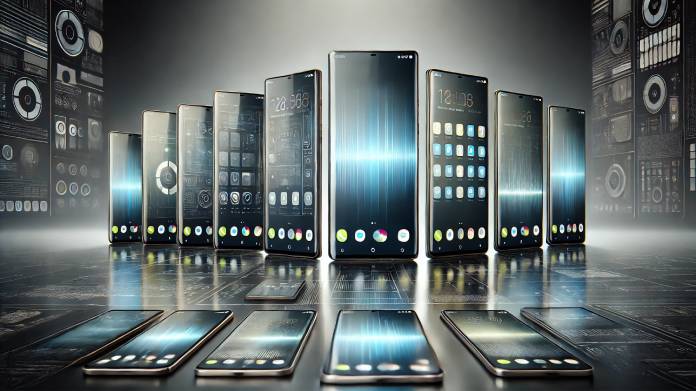
Is Your Smartphone Affecting Your Mental Health?
January 15, 2025We’ve all been there—scrolling endlessly through Instagram, doomscrolling Twitter at 2 a.m., or losing track of time in a TikTok rabbit hole. Smartphones have become an extension of our hands. They’re amazing for selfies, Spotify playlists, Social Media and staying connected, but let’s be honest—they’re not always so great for our mental health!
My wake-up call came seven years ago when Facebook stopped feeling like a way to connect and started feeling like an anxiety factory. “Oh, they’re getting married, buying houses, and starting families while I’m binge-watching The Office for the sixth time?”. Deactivating Facebook seven years ago felt liberating—like I deserved a token from “Facebook Anonymous”: 7 Years Facebook-Free! But that’s just my story. For many, the impact of smartphones and social media goes even deeper and, at times, darker.

Take this sobering reality: people have died trying to capture the perfect selfie on cliff edges, and social media’s toxic side has fueled tragedies like cyberbullying and self-harm. Influential young lives have been cut short by the relentless pressure to live up to unrealistic online ideals. These heartbreaking moments remind us that while smartphones are powerful tools, they can also be dangerous when misused.
That’s why we need to talk about balance. Today, we’ll explore how smartphones impact our lives—from anxiety and addiction to sleepless nights and even life-threatening risks. More importantly, we’ll share how you can regain control and build a healthier relationship with your device. Because as much as we love our phones (and trust us, we really do), a balanced approach is essential for a happier, healthier life!
How Smartphones Hijack Our Minds
Ever feel like your phone has a magnetic pull? That’s no accident. Apps like Instagram are designed to capture your attention and keep you engaged. Notifications, endless scrolling, and even that sneaky “typing…” indicator exploit your brain’s reward system, much like a casino slot machine. They’re called “smart” phones for a reason—they’re smart at hijacking your brain. Overuse can lead to phantom vibration syndrome (yes, it’s real!) and an unhealthy dependency that mimics addiction .
Smartphones and Social Media Addiction
Raise your hand if you’ve ever lost track of time scrolling through Instagram. Now put it down before your boss notices. Social media addiction is fueled by comparison. Every swipe shows a curated highlight reel: engagements, promotions, perfect vacations. Meanwhile, you’re on your couch wearing three-day-old pajamas. It’s no wonder studies link excessive use of social media apps to anxiety and depression.

Smartphone Addiction
The term “smartphone addiction” may sound dramatic, but it’s a growing concern. Symptoms include compulsive checking, difficulty focusing without your phone, and even withdrawal-like feelings when separated from it. Research shows that this overuse can lead to sleep disruption, stress, and even a decline in overall mental well-being .
Smartphones and Anxiety
Let’s talk anxiety. Your smartphone can amplify it in two ways. First, notifications can create a sense of urgency—”Must reply now!” Second, constant exposure to negative news and social media drama can keep you in a perpetual state of stress. Trust me, It’s like having a worry machine in your pocket!

How Smartphones Affect Our Life
Beyond mental health, smartphones impact our daily lives in surprising ways. Sleep? Interrupted by blue light and midnight scrolling. Relationships? Neglected because of phubbing (snubbing someone for your phone). Productivity? Gone, thanks to TikTok rabbit holes. But don’t worry—awareness is the first step toward balance .
A Personal Note (Because We’ve All Been There!)
When I deactivated Facebook seven years ago, it felt like a digital detox. I stopped comparing my behind-the-scenes to everyone else’s highlight reel. I breathed easier, slept better, and started living in the moment again. It’s not easy, but setting boundaries with your phone is worth it. Whether it’s turning off notifications, setting screen time limits, or going full-on social media-free, small changes can lead to big mental health wins.
Final Thoughts
Let’s face it—smartphones are absolutely amazing. We love them (we even sell gear for them, so trust us, we really love them). But like anything in life, balance is key. If your smartphone feels glued to your hand and it’s affecting your mental health, it might be time for a digital detox. You don’t have to go full cold turkey like I did (though, hey, it works!). Start small: turn off notifications, set app time limits, or create “phone-free” zones. Rediscover offline joys—start a craft, tackle a jigsaw puzzle, or build that epic LEGO set. Feeling restless? Leave your phone behind and take a walk.
Remember, your smartphone is a powerful tool, but tools are only as helpful as how we use them. By understanding the impact of your device and making mindful choices, you can reclaim your mental well-being. Next time you’re endlessly scrolling, ask yourself: Do I really need to know what my high school lab partner ate for lunch today?









